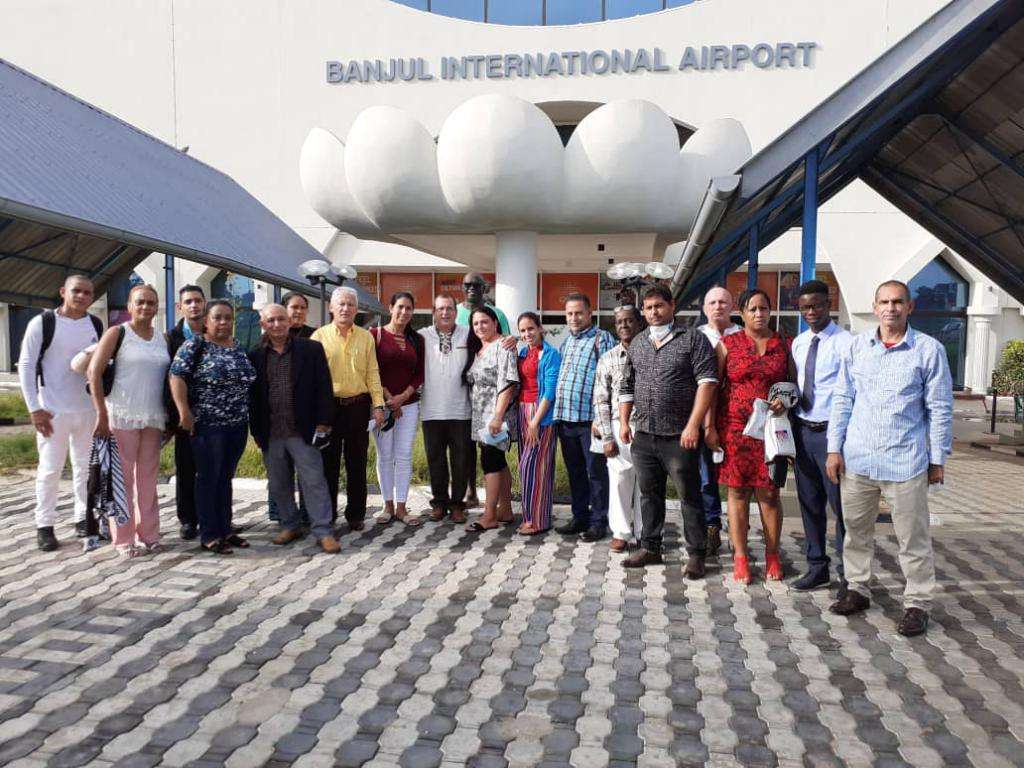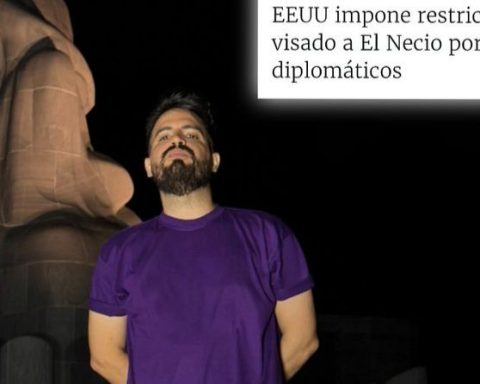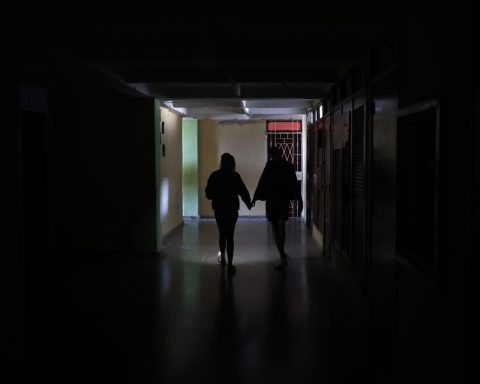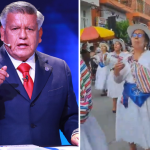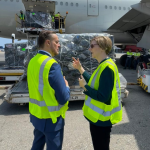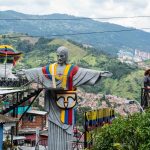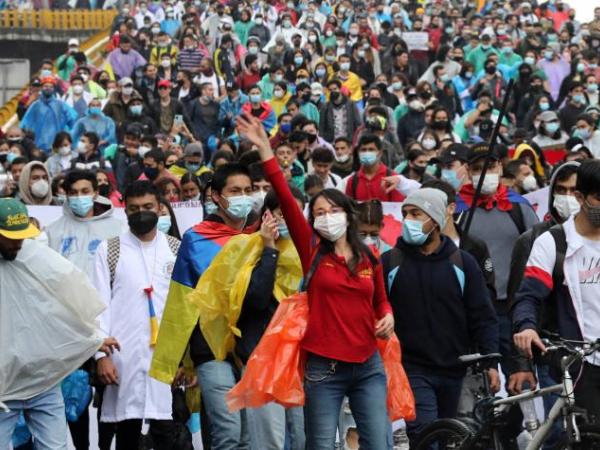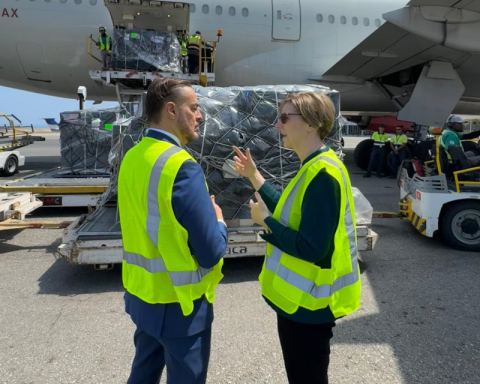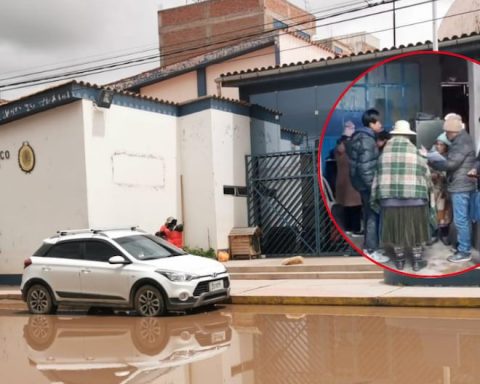A new group of Cuban health professionals will join the medical brigade that has been present in The Gambia for almost three decades, the Cuban Ministry of Foreign Affairs reported today in Havana.
A note from the agency states that they had arrived in Banjul, the Gambian capital, and that in the coming days they will begin to provide medical assistance in the different regions of that West African country, as well as to teach at the University’s Faculty of Medicine.
The head of the brigade, Dr. Juan Francisco Oquendo Montes, and the Cuban ambassador, Rubén Abelenda, welcomed the new health workers.
The Gambia gained its independence from the United Kingdom in 1965. Geographically surrounded by Senegal, it formed the short-lived Senegambian confederation between 1982 and 1989.
In 1994, Yahya Jammeh led a military coup that overthrew the president and banned political activity. He subsequently won every presidential election until 2016, when he lost to Adama Barrow, who led an opposition coalition during free and fair elections.
At the beginning of the new century in The Gambia there were 11 doctors for every 100,000 people. Life expectancy at birth was 59.9 for women in 2005 and 57.7 for men. According to the World Health Organization (WHO), in 2005 approximately 78.3% of Gambian girls and women have undergone female genital mutilation. In 2010 the maternal mortality rate was 400 per 100,000 births.
The first 39 Cuban collaborators arrived in The Gambia in June 1996.
